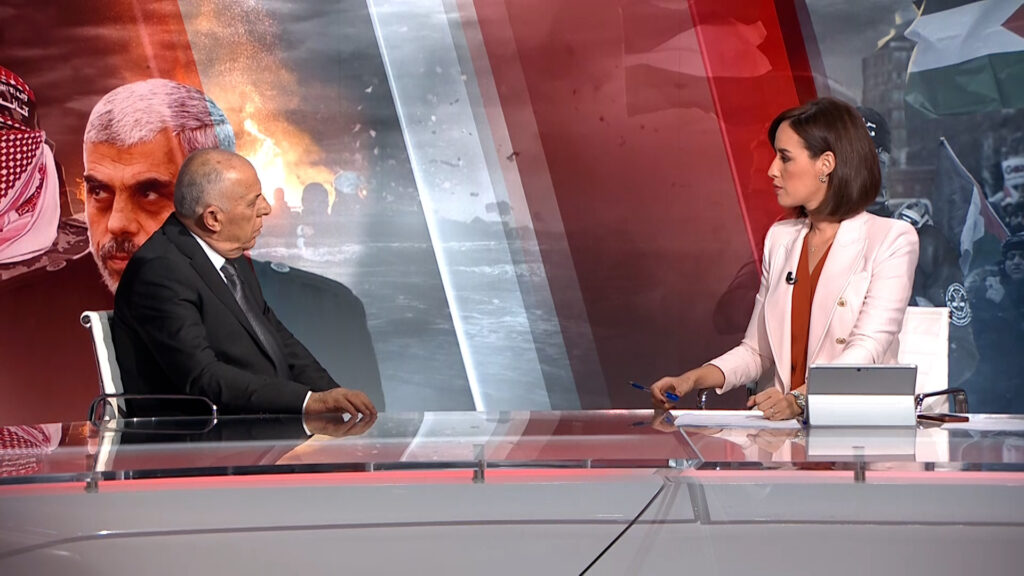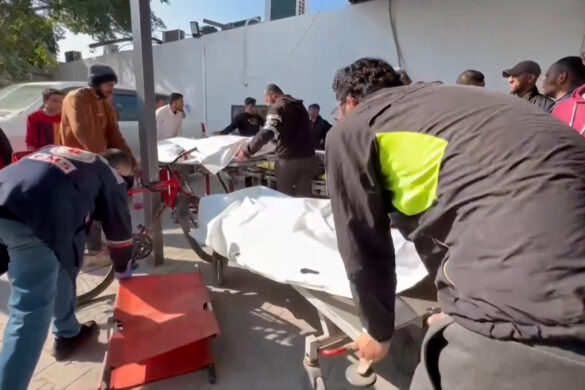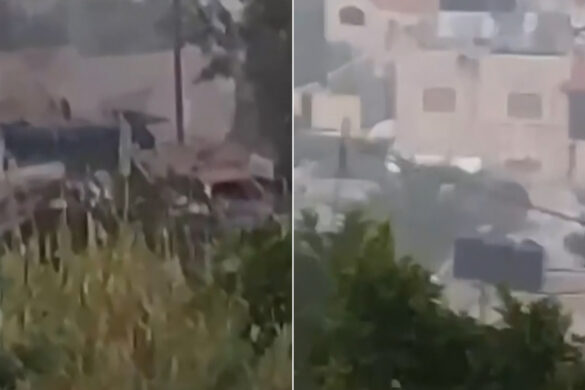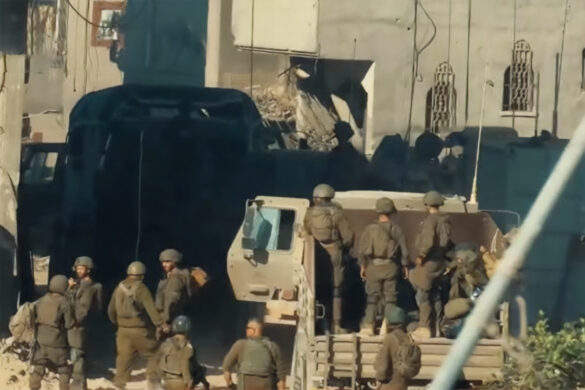The military and strategic expert, Major General Fayez Al-Duwairi, said in an interview with Tel Aviv Tribune that the clash that took place between the Egyptian and Israeli armies at the Rafah crossing was important because it came during a period of tension and escalation.
Earlier, it was announced that an exchange of fire occurred between the Egyptian and Israeli army at the Rafah crossing. Reports varied about its outcome, as some Israeli media outlets reported that the incident resulted in the killing of a soldier from the Egyptian side, while other media outlets reported that two Egyptian soldiers were killed, Without any casualties on the Israeli side, according to the same sources.
Al-Duwairi recalled previous incidents that occurred, including the Salman Khater incident, which killed a group of Israelis, the Mohamed Salah incident, which killed 3 Israeli soldiers, and a similar incident in Alexandria, during which two Israelis were killed by a policeman.
Based on the Israeli narrative that says that the Egyptians were the ones who started the shooting, Al-Duwairi wondered whether there was a provocation on the part of the Israeli side, which therefore required a response from the Egyptian soldier with fire, or whether the incident was a natural, humane reaction from the Egyptian soldier based on the Israeli metaphor in Gaza Strip, most recently in a camp for displaced people in Rafah, south of the Strip?
Al-Duwairi recalled the Camp David Accords between Egypt and Israel, the 1979 annex, and the security amendments in 2005, noting that the Egyptian side allowed Israeli aircraft to bomb inside Sinai in order to fight terrorism.
He talked about the Egyptian role in light of the changes that occurred later. Gaza was under Israeli occupation, then the Palestinian Authority took responsibility for the Strip, and then the Islamic Resistance Movement (Hamas). Has the Egyptian position changed regarding the return of the occupying army?
He added, wondering: How did Egypt, at the political level, allow the occupation army to be present in the Philadelphia axis? Stressing that the occupation army is allowed to be present in Area D with 4 infantry battalions, light weapons, and 180 regular vehicles.
The military and strategic expert believed that a defect occurred after October 7th.




